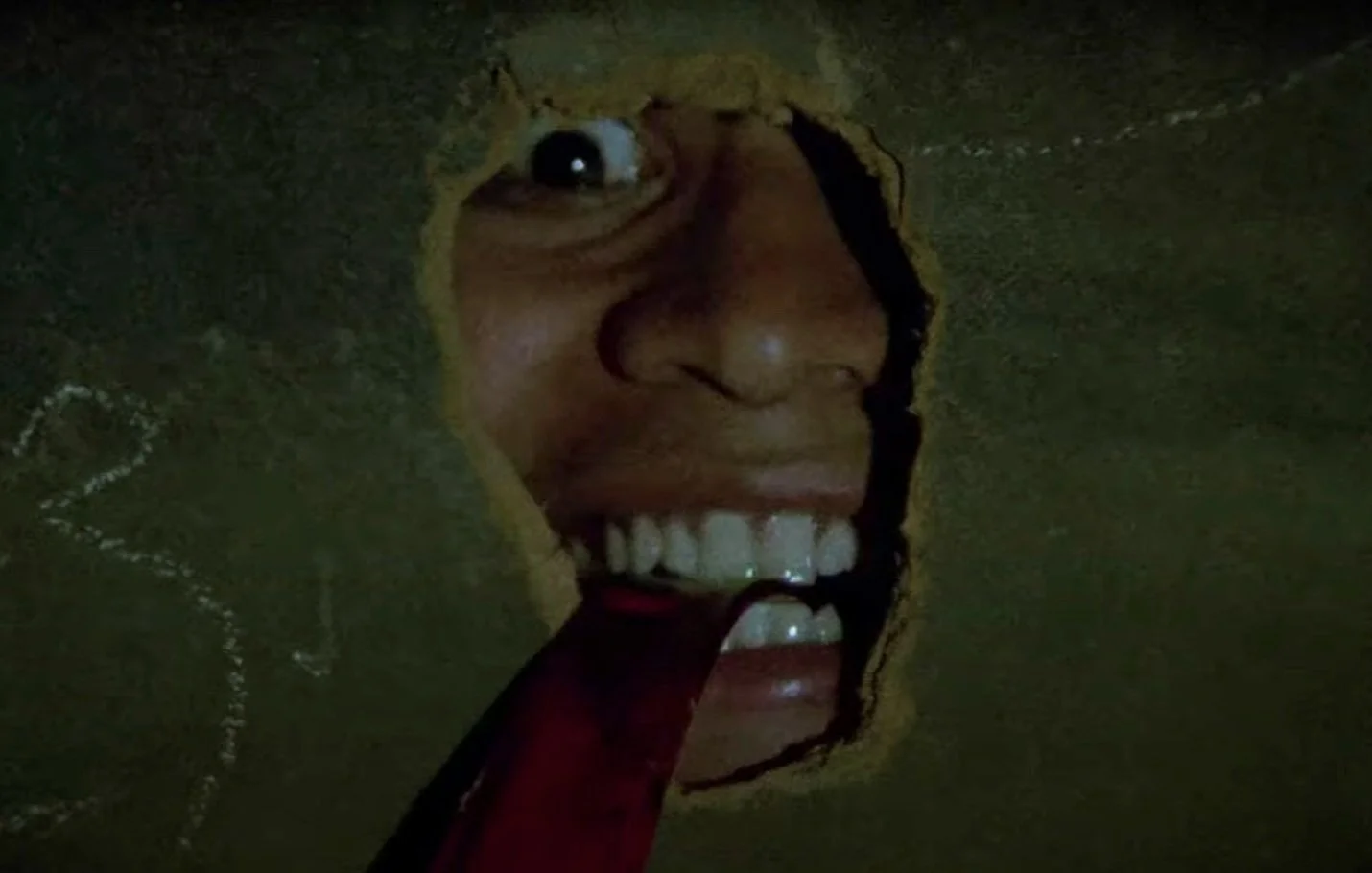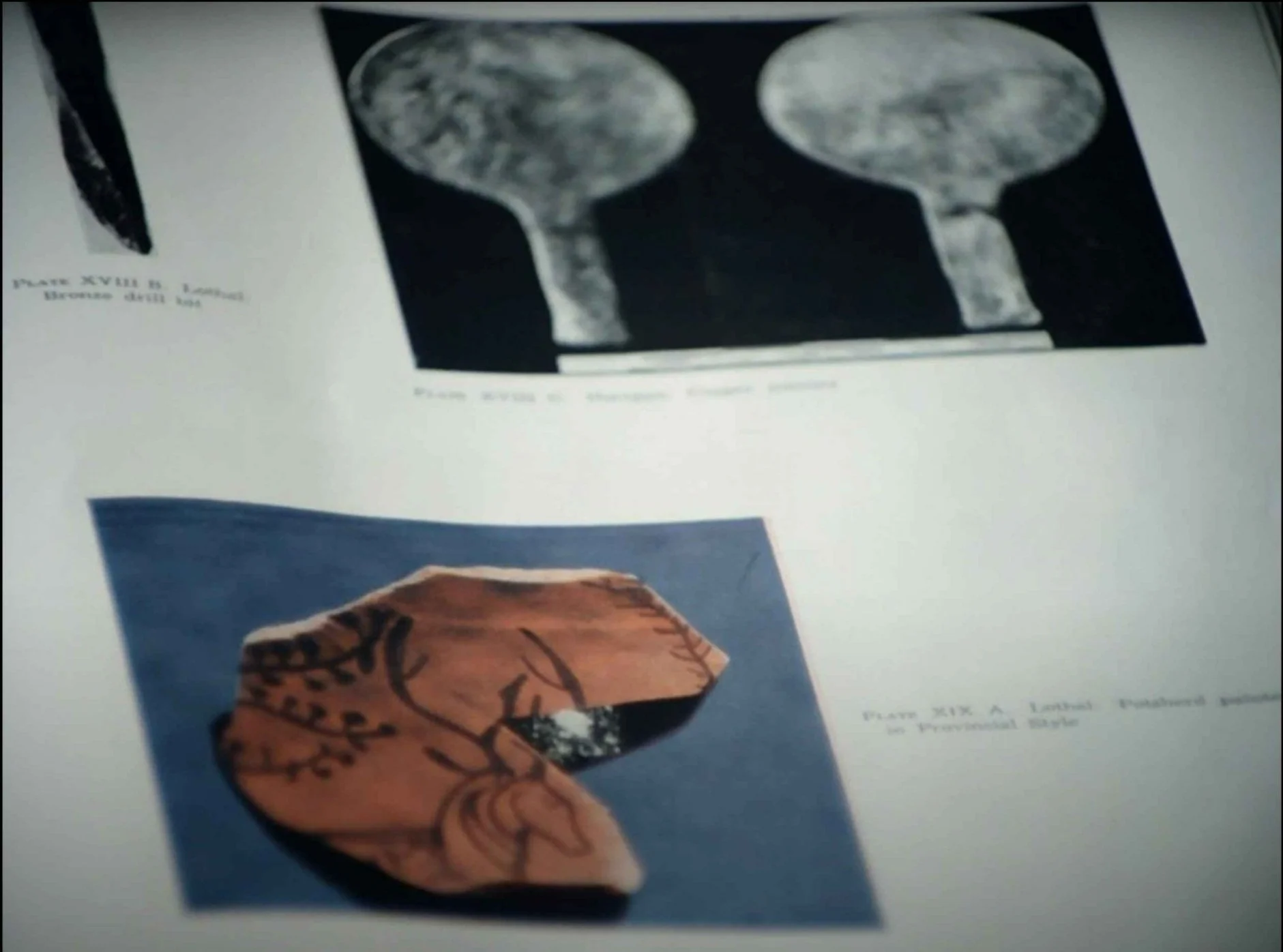OM DAR-B-DAR (1988)
Directed by Kamal Swaroop, Om Dar-B-Dar (1988) is an Indian Hindi-language film, portraying the adventures of a school boy named Om, along with his family in Ajmer and Pushkar, Rajasthan. The story employs a nonlinear narrative, entwined with surreal absurdity along with satirise mythology, arts, politics and philosophy.
The film won the Filmfare Critics Award for Best Movie in 1989, but commercially never released in India though it achieved success in International Film Festivals. In the past 30 years Om-Dar-B-Dar has gained a huge cult following and fame amongst film critics, scholars, industry insiders and cinephiles alike.
One of the first serious articles about the film was written on the film blog The Seventh Art. The blog stated, "Swaroop's film is an antithesis to whatever is recognized globally as Indian cinema – a reason good enough to make Om-Dar-B-Dar a must-see movie", and that the movie can be defined as many things -the most popular of them "the great Indian LSD trip".
The movie can also be looked at as a jab at mainstream Indian cinema, as many of the themes and images are direct satires of Bollywood film-making conventions. In 2013, National Film Development Corporation of India (NFDC) had planned an official national release of a digitally restored print of the film. It finally released in Indian theatres after 26 years, on the 17th of January, 2014.
The story of the young boy Om revolves around the phase of his carefree adolescence and harsh disillusioned life. It starts as a comedy and ends as a thriller. Om lives in strange family where his father, Babuji, a government employee, leaves his job so that he can pursue his passion for astrology; while Om's older sister, Gayatri, is dating a unsuitable disappointing chap. Om is involved in science but is also attracted to magic and religion, and it seems that he is really outstanding in his ability to hold his breath for a long time.
The movie was described by its director Kamal Swaroop as a story of Lord Brahma, and it sprouted from the idea that in Hinduism, although Lord Brahma was considered the father of the entire universe, strangely no one ever worshipped him. Swaroop also said that the film's script was written based solely on dreams and images that he had and claimed that "cannot think in words."
Director Imtiaz Ali mentioned the vast amount of influence that the film had on inspiring independent directors in Indian cinema, stating that Om-Dar-B-Dar is "like old wine" and "antiquated because of the 25-year delay in its release".
The style of art direction is unique and resembles Quentin Tarantino’s (fun fact: when the movie was made Quentin Tarantino had just began writing and directing). The cinematically trippy scenes and psychedelic sound effects, with the blend of a theatrical comedy and goofy feeling, is absolute fun to watch - especially for the script written with great humour and wit.
Om Dar-B-Dar takes you to the dystopia within the utopia and vice versa.
words JAGRATI MAHAVER
What to read next



















